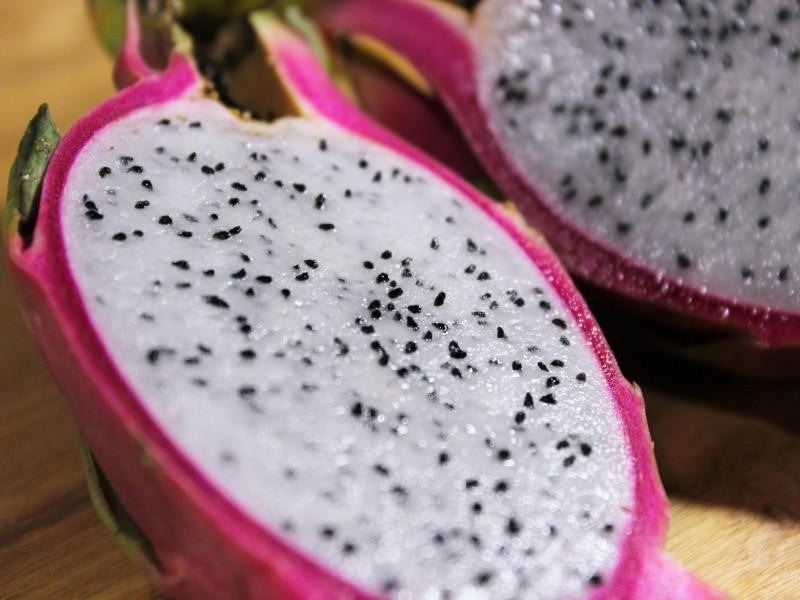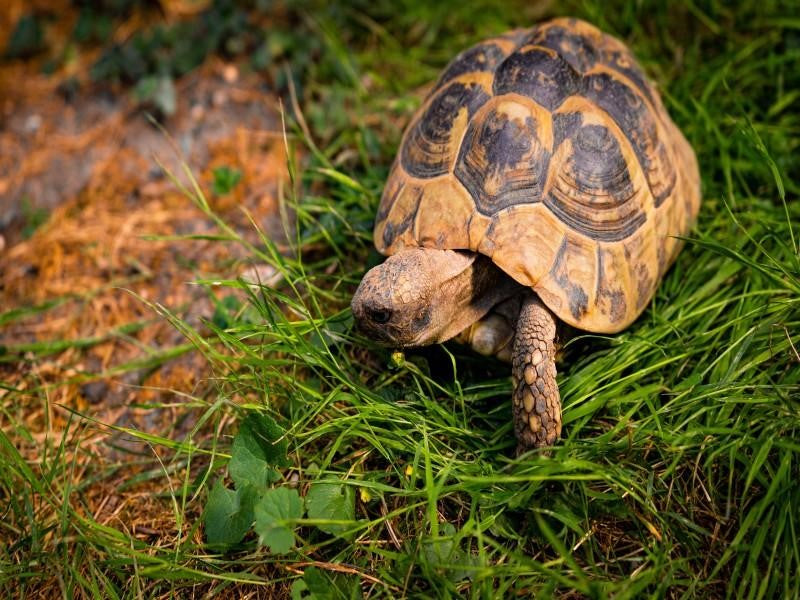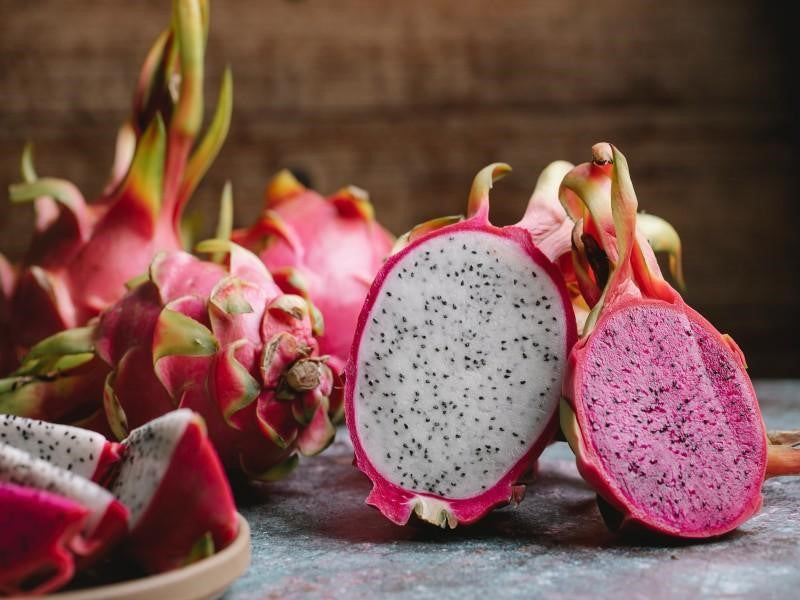
In recent years, the popularity of the tropical fruit dragon fruit has grown significantly. Dietary choices can have a significant impact on a tortoise's lifespan and determine whether it lives a long and healthy life or experiences nutritional deficits and other issues. To prevent compromising the health of your tortoise, it's crucial for you as the owner to do your study and be certain of the food you're feeding it.
This article discusses if tortoises can eat dragon fruit or not and how it should be served to them.
Can Tortoises Eat Dragon Fruit?
Yes, tortoises can eat dragon fruit. It is a good source of vitamins and minerals for them. However, it should be fed in moderation as part of a balanced diet. Fresh fruits should not make up more than 10% of a tortoise's diet. It's also important to note that tortoises are herbivores and their diet should primarily consist of leafy greens, vegetables, and hay.
Dragon fruit, also known as pitaya, is a tropical fruit that is native to Central and South America. It is high in antioxidants, vitamin C, and fiber, and also contains small amounts of other essential vitamins and minerals. When fed in moderation, dragon fruit can be a healthy addition to a tortoise's diet.
However, it's important to note that tortoises have specific nutritional requirements that are not met by fruit alone. A diet that is too high in fruit can lead to health problems such as obesity and diarrhea. Therefore, it is important to feed tortoises a diet that is primarily made up of leafy greens, vegetables, and hay. These foods provide the necessary nutrients and fiber that a tortoise needs to stay healthy.
It's also important to wash the fruit properly before feeding it to the tortoise, and also to remove the skin and seeds. Additionally, tortoises have a hard time digesting fruits, so it should be fed in small amounts and not as a staple food. In summary, dragon fruit can be a healthy treat for tortoises when fed in moderation as part of a balanced diet. It's important to feed tortoises primarily with leafy greens, vegetables, and hay, and to be mindful of the quantity and frequency of fruit in their diet.

Nutritional and Health Benefits of Dragon fruit for Tortoises
Dragon fruit, also known as pitaya or pitahaya, is a tropical fruit that is nutritionally beneficial to tortoises in the following ways:
- Dragon fruit is high in vitamins and minerals. It is particularly rich in vitamin C, which is essential for a healthy immune system, and antioxidants, which can help protect against cell damage.
- For tortoises, the high fiber content in dragon fruit can aid in digestion and promote regular bowel movements. The fruit is also a good source of potassium, which helps regulate fluid balance and muscle function.
- In addition, dragon fruit is low in fat and calories, making it a great option for tortoises that may be prone to obesity. The fruit is also a good source of hydration, which is important for tortoises living in dry or arid environments.
- Dragon fruit is also a great source of magnesium, which is important for maintaining healthy bones and muscles. Magnesium also plays a role in nerve function and energy metabolism.
- Another important nutrient found in dragon fruit is iron. Iron is essential for the production of hemoglobin, which carries oxygen to the body's cells. Tortoises, like all reptiles, require iron to maintain healthy red blood cells and support proper circulation of blood in their body.
- Dragon fruit is also a good source of calcium, which is important for maintaining healthy bones, shell and teeth. Calcium is also involved in muscle function, blood clotting, and nerve signaling in the tortoises' body.
- In addition, dragon fruit contains a number of other essential vitamins and minerals, including vitamin A, vitamin B1, vitamin B2, vitamin B3, and vitamin B6. These vitamins play important roles in maintaining overall health and well-being of animals, especially torts.
Overall, dragon fruit can be a great addition to a tortoise's diet, providing a variety of essential nutrients and supporting overall health and well-being. It is important to note that dragon fruit should be offered in moderation and in combination with other fruits and vegetables as a part of a well-balanced diet. Furthermore, dragon fruit can provide a variety of nutritional benefits for tortoises, including improving immune function, promoting healthy digestion, and supporting overall well-being.

Other Benefits of Including Dragon fruit in tortoises' diet
Another benefit of dragon fruit for tortoises is that it is rich in prebiotics. Prebiotics are substances in food that is hard to digest and promotes the growth of beneficial intestinal microorganisms. These prebiotics which are non-digestible carbohydrates that feed the good bacteria in the gut, can help support a healthy gut microbiome and improve overall digestion in the tortoise.
Dragon fruit also contains polysaccharides, which are long chains of sugar molecules that can help support the immune system. These polysaccharides can also help to reduce inflammation and promote overall health. In addition, dragon fruit contains flavonoids, which are plant compounds that have antioxidant properties. These flavonoids can help protect against cell damage and reduce the risk of chronic diseases.
Dragon fruit also contains a high level of antioxidants, specifically vitamin C, which can help to protect the body against free radicals and reduce the risk of chronic diseases. Furthermore, dragon fruit has a low glycemic index, which means it has a low effect on blood sugar levels, this makes it a great option for tortoises that may be prone to diabetes.
Final Thoughts
dragon fruit is a nutrient-dense fruit that can provide a variety of health benefits for tortoises, including improved digestion, a stronger immune system, and reduced risk of chronic diseases. It's important to keep in mind that it should be provided as part of a well-balanced diet and offered in moderation.



